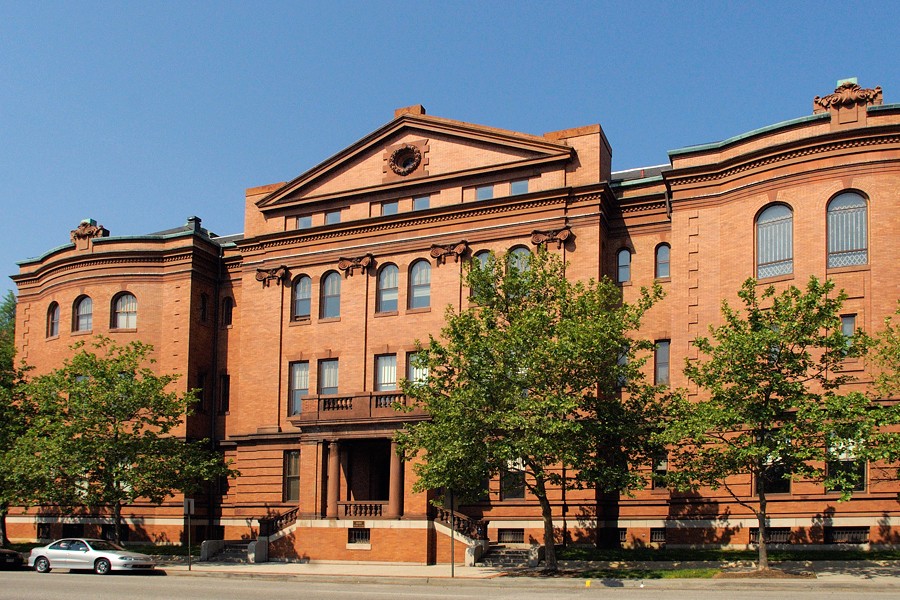The Johns Hopkins University School of Education ranks second nationally among graduate education programs, according to new rankings released today by U.S. News & World Report. The school moved up from a No. 6 ranking last year.
Education is among seven Johns Hopkins graduate programs deemed to be among the top 25 in the country by U.S. News, according to its 2014 rankings lists, which evaluate schools of education, engineering, and medicine, and programs in the social sciences and humanities.
"We are very pleased to receive a number two ranking from U.S. News and World Report's Best Graduate Schools of Education," School of Education Dean David W. Andrews said. "This recognition acknowledges the work of our distinguished faculty, students, and staff and confirms our school's place as a national leader in education reform through research and teaching. In addition, this top ranking is especially important to us as a young graduate school of education because it reflects our vision to challenge the accepted and transcend conventional boundaries to improve learning outcomes worldwide."
Vanderbilt tops the list of 118 schools of education. Harvard, Texas, and Stanford round out the top five. Complete rankings are available on the U.S. News website.
Not all graduate-level disciplines are ranked every year. Johns Hopkins ranks No. 1 in public health and nursing, programs last ranked by U.S. News in 2011.
In the new medicine rankings, the Johns Hopkins University School of Medicine ranks third in research and 24th in primary care.
The Whiting School of Engineering at Johns Hopkins ranks 25th out of 96 schools.
JHU programs in the social sciences and humanities ranked by U.S. News include history (11th), English (13th), economics (24th), psychology (26th), sociology (27th), and political science (40th).
Johns Hopkins also has 11 specialty areas that rank among the top 10 nationally, according to U.S. News, led by first-place rankings for biomedical engineering and internal medicine.
Other top 10 specialties at JHU are AIDS (No. 2), geriatrics (No. 2), pediatrics (No. 4), women's health (No. 4), political theory (No. 5) literary criticism and theory (No. 6), U.S. colonial history (No. 6), environmental engineering (No. 7), and behavioral neuroscience (No. 7).
The U.S. News program rankings for education, medicine, and engineering are compiled using data (much of it provided by the institutions themselves) to determine how a school ranks relative to its peers in three areas: student selectivity, faculty resources, and research activity. Scores in these areas are weighted and combined with results of a peer assessment survey to determine a single composite score.
Specialty rankings and program rankings for the social sciences and humanities are determined solely by peer assessment surveys.
Posted in University News








